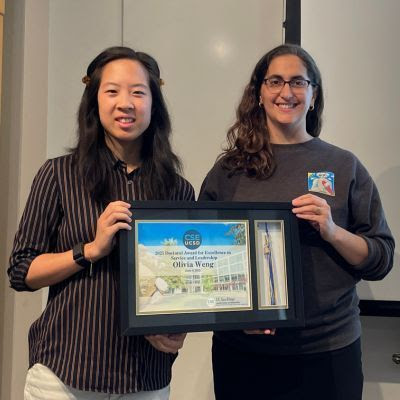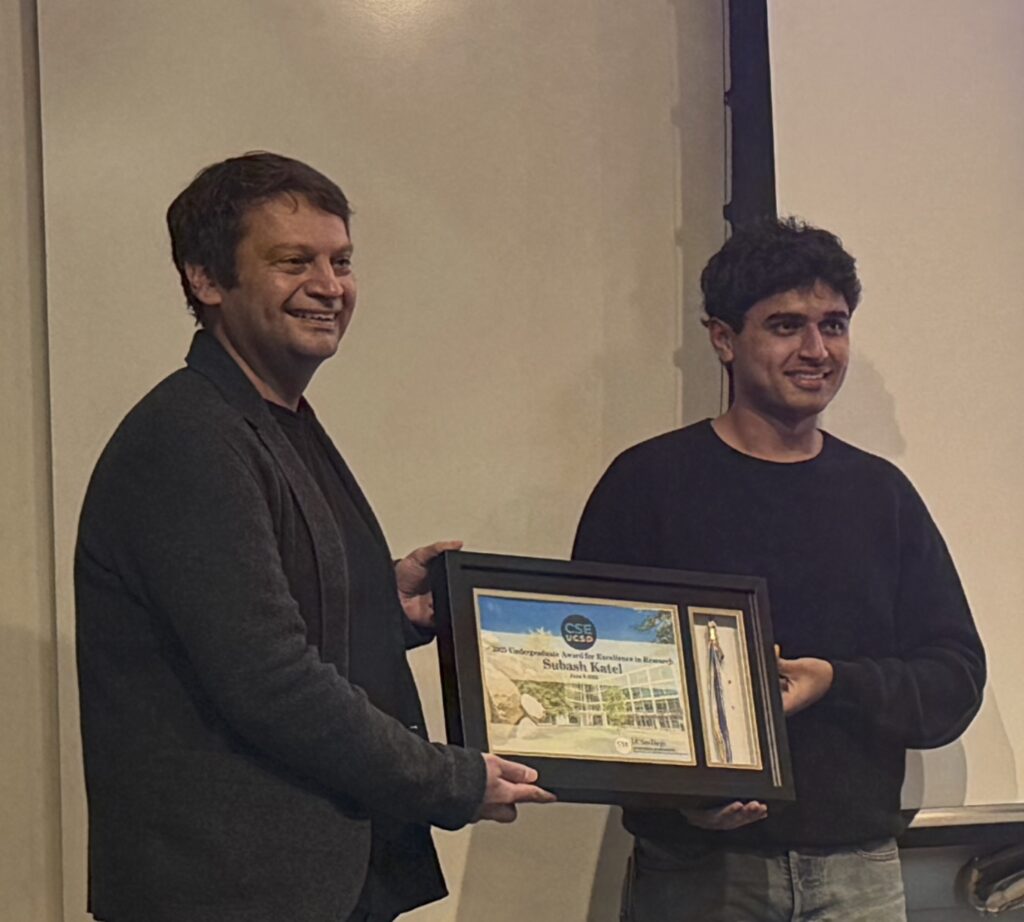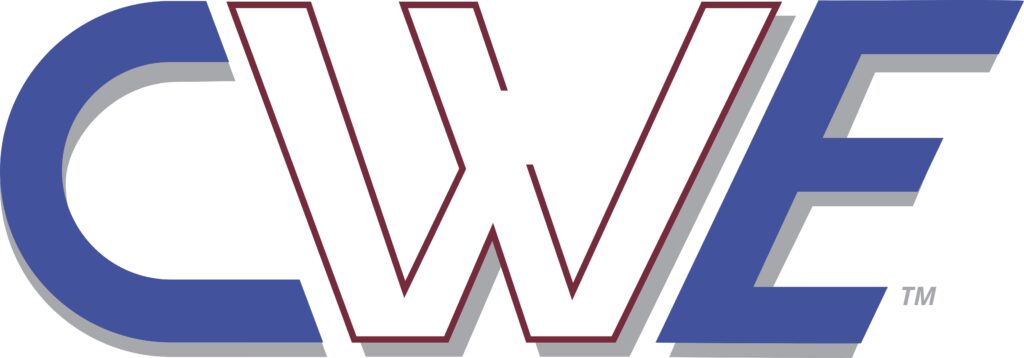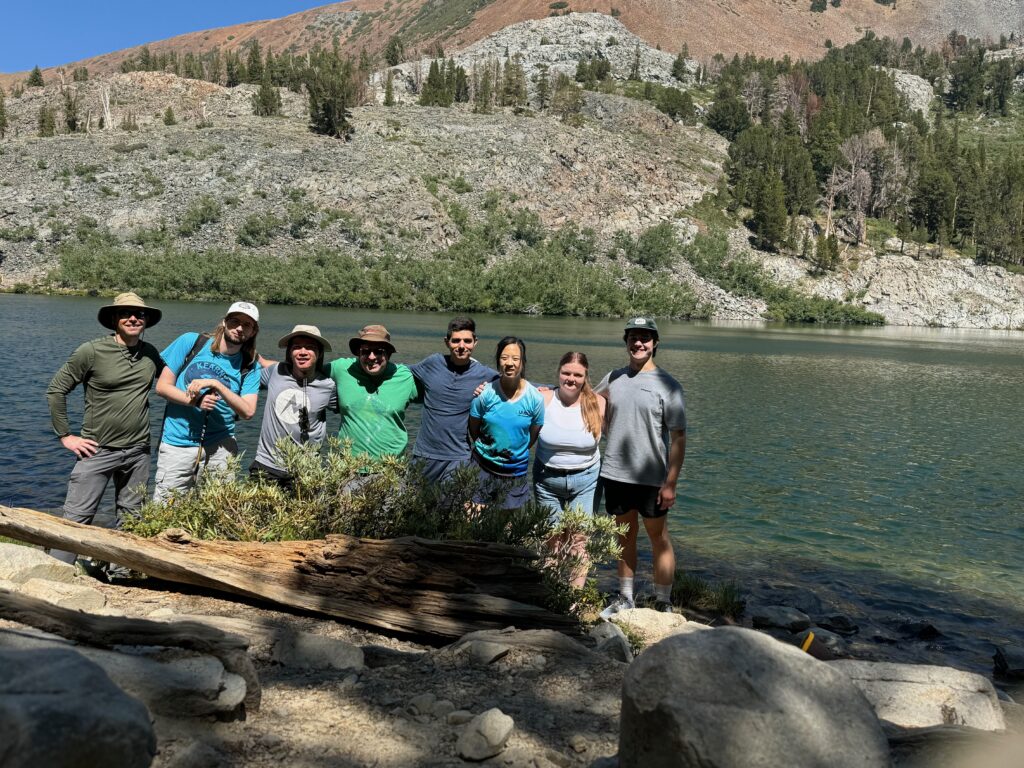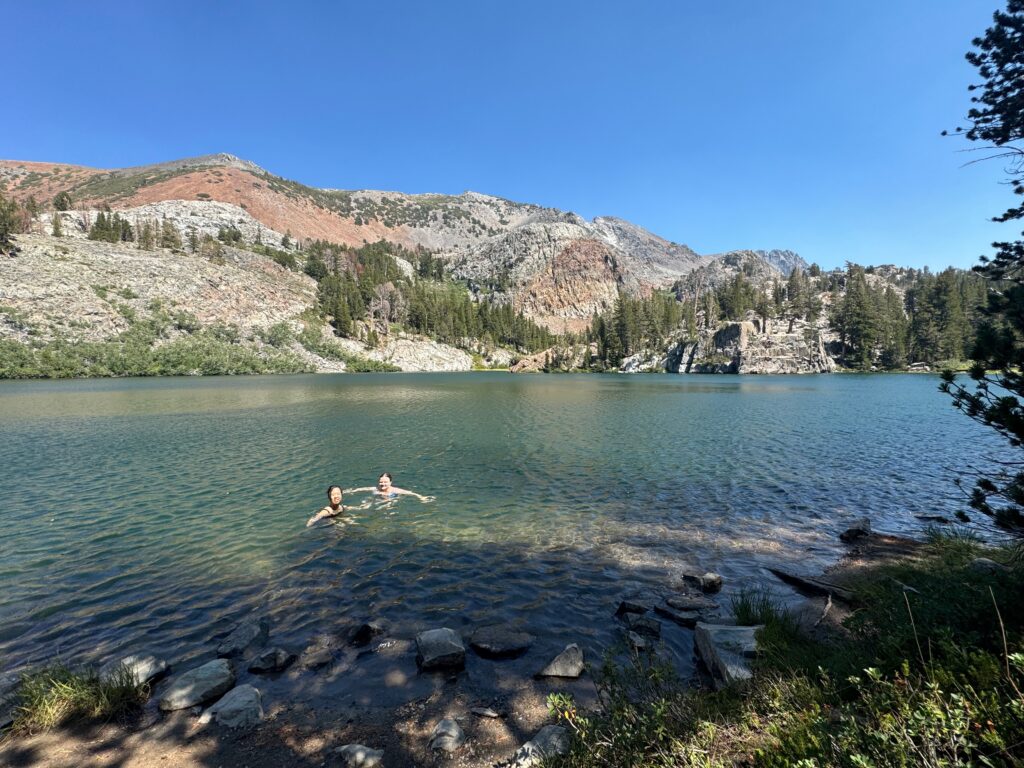Dr. Jennifer Switzer successfully defended her Ph.D. thesis, which laid the foundation for repurposing smartphones to reduce their significant environmental impacts. Over their short lifetimes, smartphones consume an immense amount of carbon, which is a rough but good estimate of their environmental impact. The vast majority of that carbon consumption is due to their manufacturing. Manufacturing modern computer chips is an insanely complex, environmentally costly, and expensive undertaking.
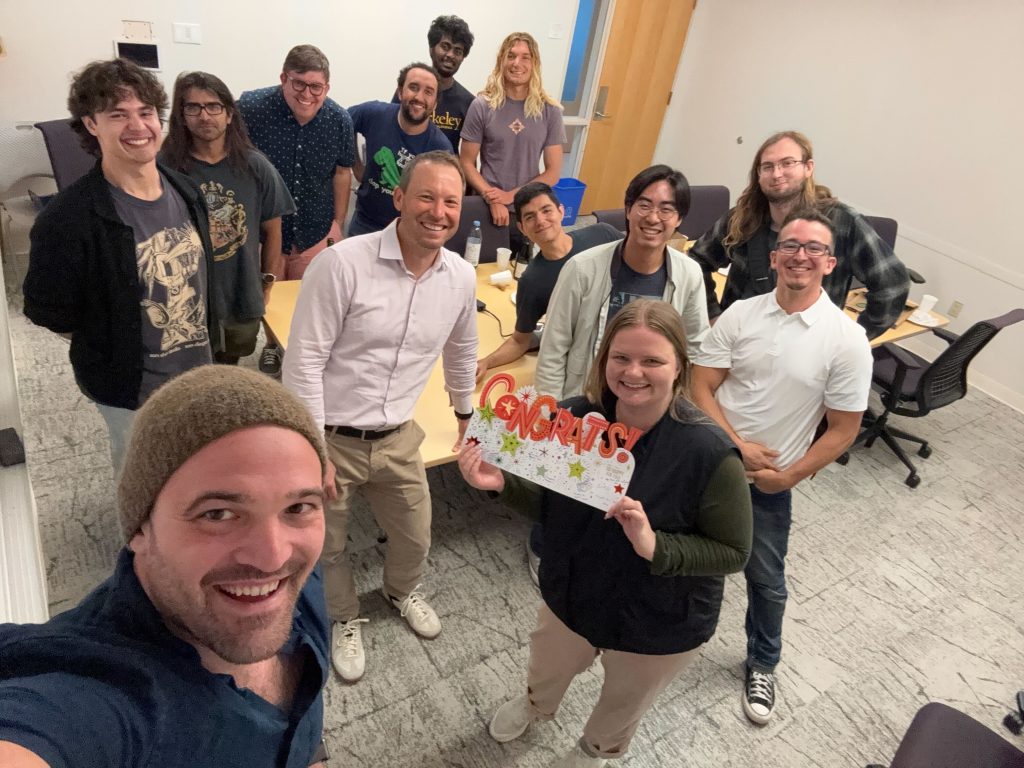
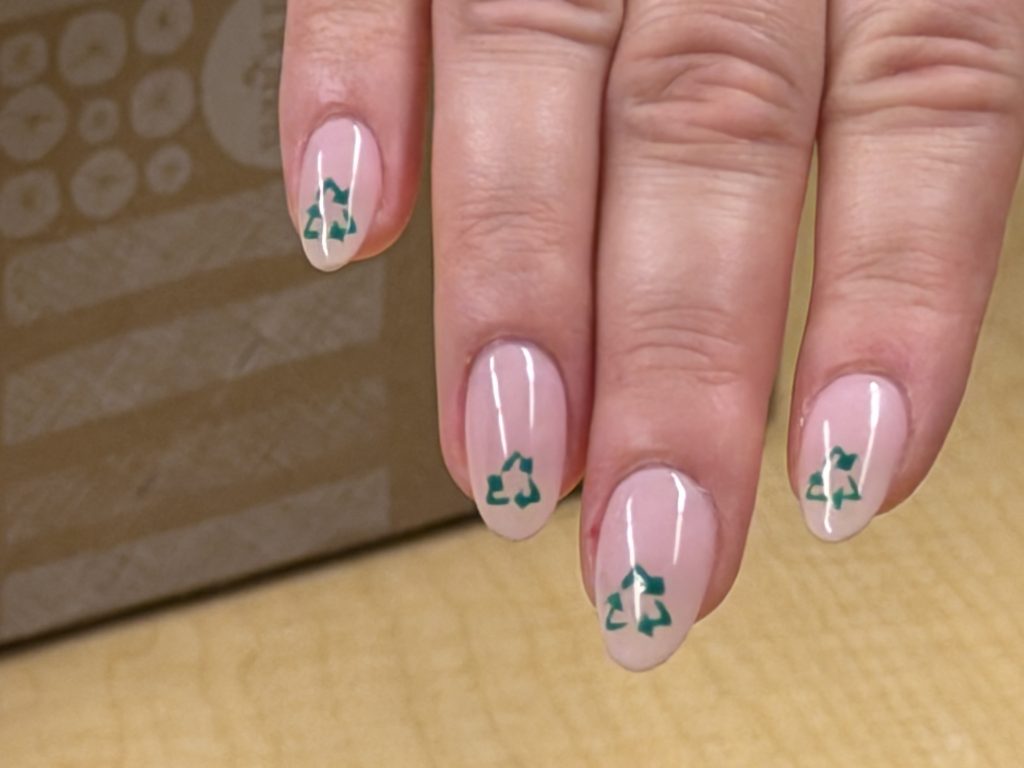
Most of us purchase smartphones regularly; the average American gets a new one every 2 years or less. Our old smartphones are often discarded not because their processors are not valuable, but because the screens are broken, the user wants better cameras, the phone is no longer “en vogue”, and many other reasons. But the huge environmental impact of developing these processors is sadly discarded when the user upgrades to the latest and greatest smartphone. Jen’s thesis studied how to best repurpose these unwanted, but extremely useful and valuable phones.
It turns out, as Jen’s thesis succinctly outlines, the best way to repurpose older smartphones is to rebuild them into the data center. Jen outlined, prototyped, and demonstrated how this would be feasible.
Her thesis has been tremendously impactful to date, and I have no doubt that its impact will grow. In the popular press, her research was featured in articles on Hacker News and Hackaday. Her ASPLOS paper received a Distinguished Paper Award and has over 60,000 downloads, making it the most downloaded paper in ASPLOS history by a significant margin. We were awarded a National Science Foundation grant through the Design for Environmental Sustainability in Computing program. We were awarded several Google grants, which enabled us to work closely with Dave Patterson and other Googlers to develop racks of repurposed smartphones to be deployed at UCSD over the next 1-2 years.
It should be obvious that Jen is a tremendously unique Ph.D. student. I work with *a lot* of undergraduate students, and many of them ask about what a Ph.D. entails. Most are (rightfully) overwhelmed by the Ph.D. process. A common question is: how can I come up with a novel research idea on my own? I always tell them that it is not their goal. Their advisor will define the research direction and guide them along the process. Eventually, after 4-5 years, they will own the research area and define their research goals. Jen came to UCSD with her own vision and delivered on it in an amazing and substantial way. Jen was a unicorn in this regard. She came in knowing exactly what she wanted to do with her Ph.D. And she did what she said and more.
Luckily for us, Jen will move to Google to do a post-doc with Dave Patterson to continue developing this project to repurpose 10K+ smartphones into a UCSD data center. It is always bittersweet to see Ph.D. students graduate, but I’m certainly glad that Jen will continue to lead this impactful research project.





